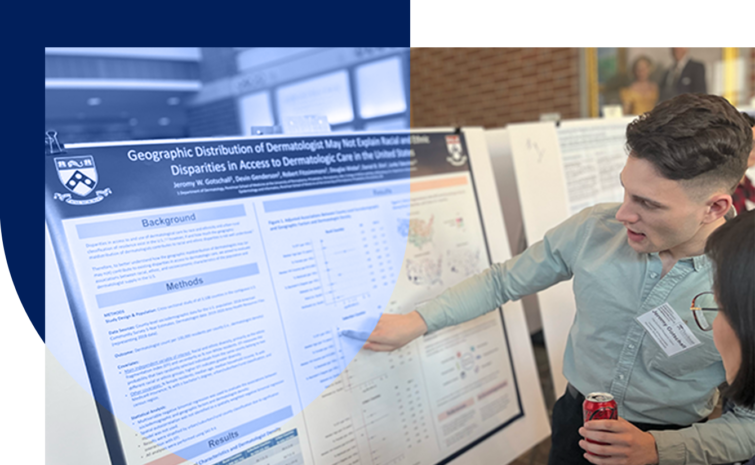Dr. Peter Merkel Named 2026 Top 10 Clinical Research Achievement Finalist
Congratulations to Dr. Peter Merkel, who has been named a finalist for the Clinical Research Forum’s 2026 Top 10 Clinical Research Achievement Awards for his New England Journal of Medicine publication on treating giant cell arteritis.



